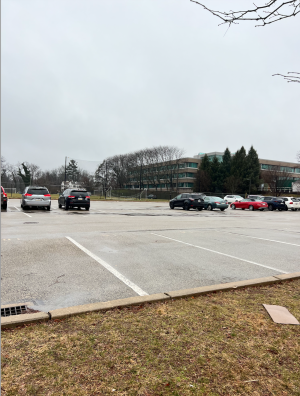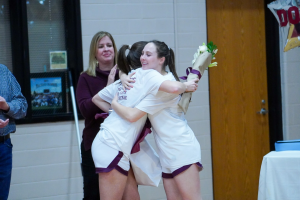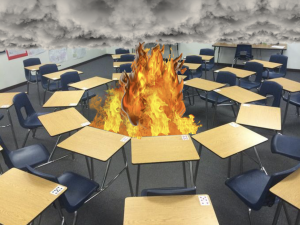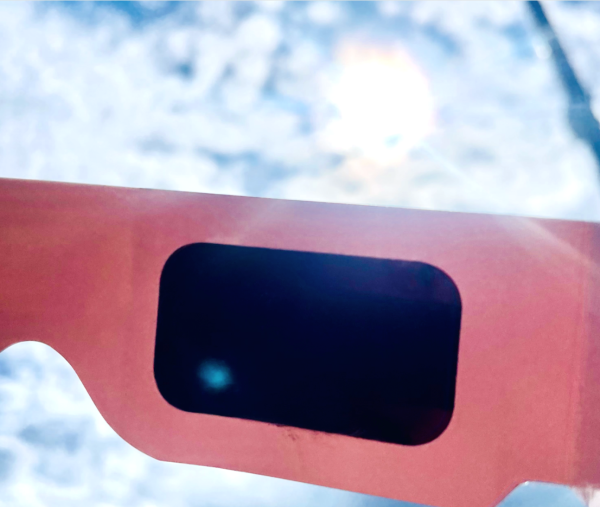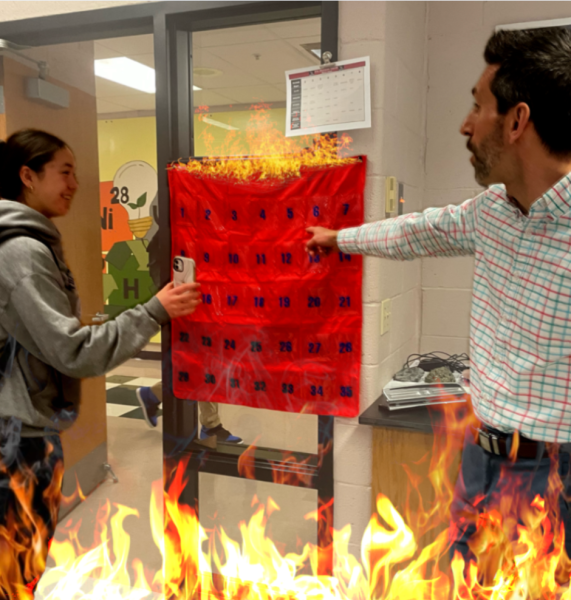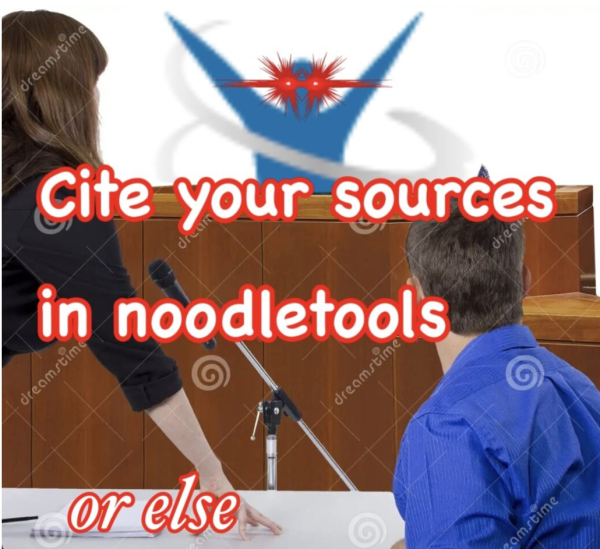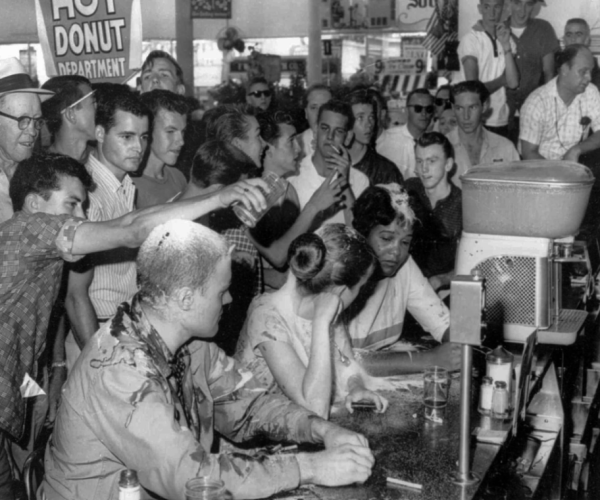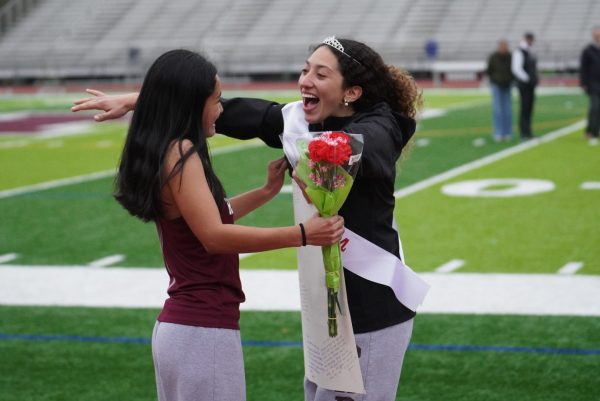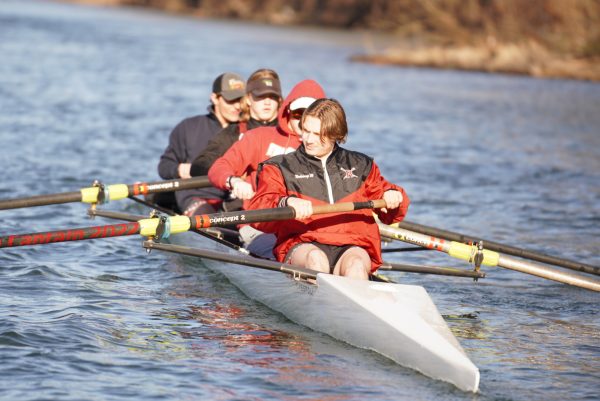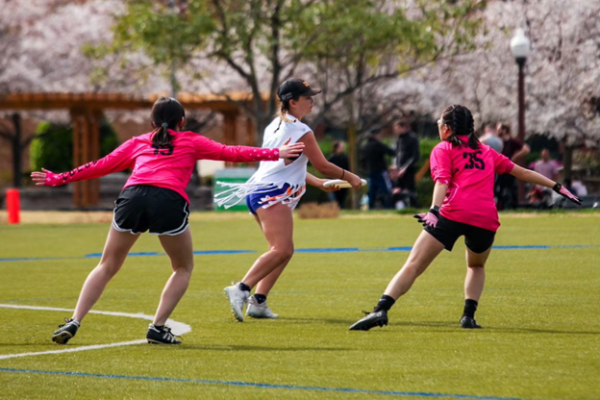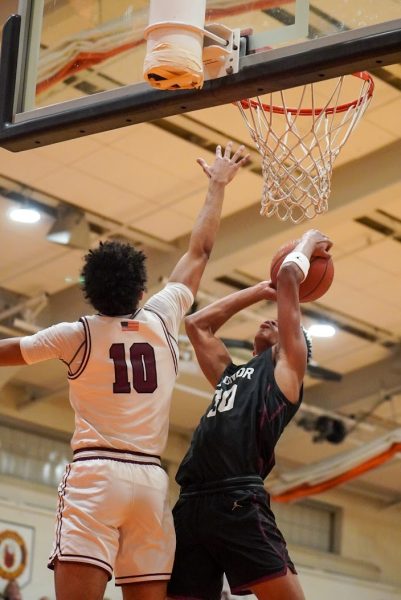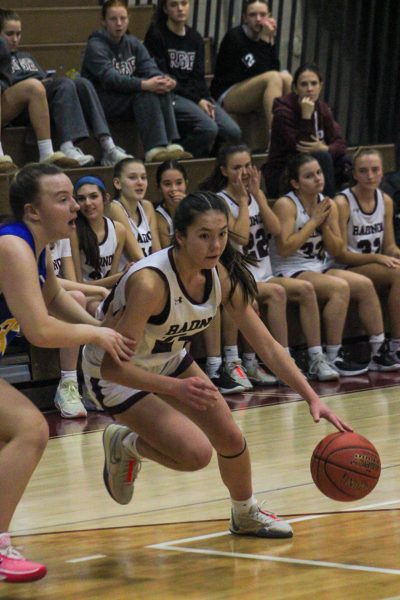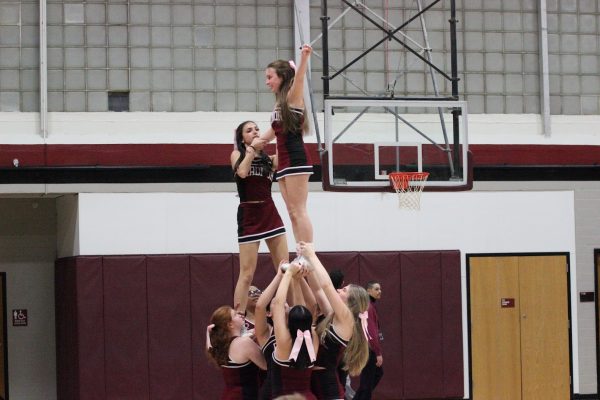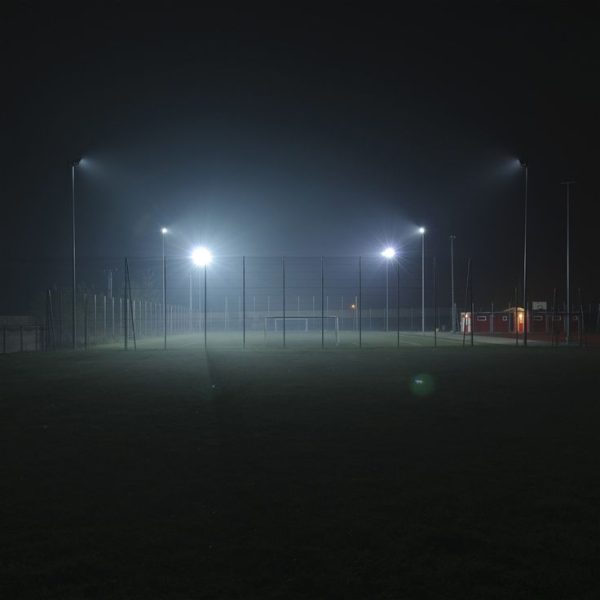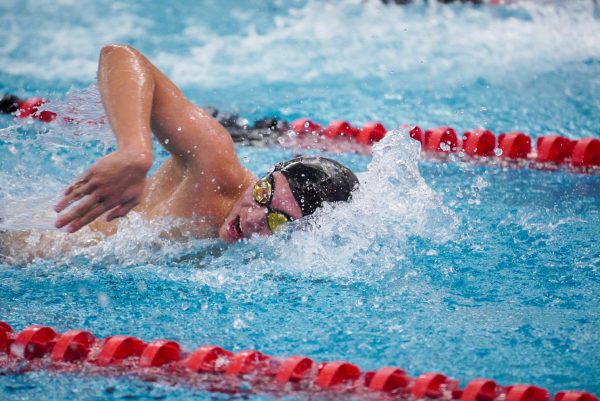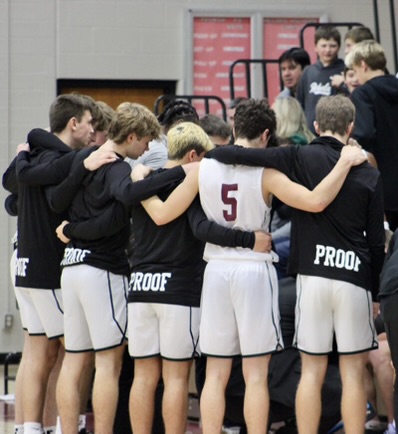Where Do We Draw a Line Between Students and Athletes at the Collegiate Level?
October 21, 2015
Northwestern University football players has recently been denied the right to unionize by the NLRB. The decision was unanimous, yet the board did not close the window for other schools to be able to unionize for the future and avoided the topic entirely. The decision was reached for the present day situation with Northwestern without making it impossible for future cases to make the same or a similar argument.
Northwestern players’ stance on the subject of unionizing is that collegiate sports are a part of education and not a separate hobby. The players also find that they are owed by the school the highest tier of medical treatment and future mitigation for any permanent brain damage or other injuries later in their lives. However, schools are not admitting to these risks because it could cost them extra money that they do not intend on spending for football. Northwestern as a university is holding that they are in no way responsible for any injuries to players, even though if adequate medical care is not supplied, it is very well in their own hands. The university claimed to the players that they are adults who are aware of these risks and not to blame them in their defense. They claim that the amount of money generated by college sports should be able to go towards them since they are the ones participating in the sports. Their desire for profits brings up the argument of whether or not this is a legitimate occupation.
The particular demands by the players were “guaranteed coverage of sportsrelated medical expenses for current and former athletes, sponsorship compensation, an increase in scholarship value and a trust fund to help former players finish their degrees.” An interesting topic here would be the sponsorship compensation since it brings up the topic of college athletes being seen as professionals and their sports being an occupation. As of now, collegiate athletes are not allowed to be profited off of or used for marketing. For example, college sports video games have been banned from using the real names or likeness of college athletes within their games. The Northwestern players want to turn this around and be able to profit off of their own name, which is entirely understandable. The other side of the argument is that these students are in college for their education and that it should come first, but for most of these athletes, that is not the case. A whopping 53% of Division I college athletes are receiving some sort of financial aid for their athletics. While less than 2% of these athletes go to professional leagues as their fulltime job, they are more often than not in school because of their sport and have all intentions of making it to a professional sports leagues. A perfect example of this is the University of Kentucky’s basketball program. They are wellknown for recruiting the best basketball players throughout high school and drawing them in with promises of success and a winning culture. Obviously, they are not being sold on the premise of education, but rather that of athletics.
Many were shocked by the final ruling by the NLRB and expected it to go the other way. According to labor attorney Brian Paul, “What the NLRB has done is invite the group to come back if the landscape changes enough to warrant unionization. The single school doesn’t have enough influence on how the FBS (Football Bowl Subdivision) as a whole is operated.” In essence, the ruling left the door open a crack for any school in the future that believes they should be filing a similar claim to form unions. However, this ruling made by the NLRB draws any opportunity for Northwestern to appeal to a close. Their ruling is absolutely final on this particular case and it is not subject to change in any way, shape, or form. It would be shocking not to see similar cases in the near future, and only time will tell if they will win the ruling. Therefore, for now until the foreseeable future, collegiate athletes will remain as being considered students and nothing more.


